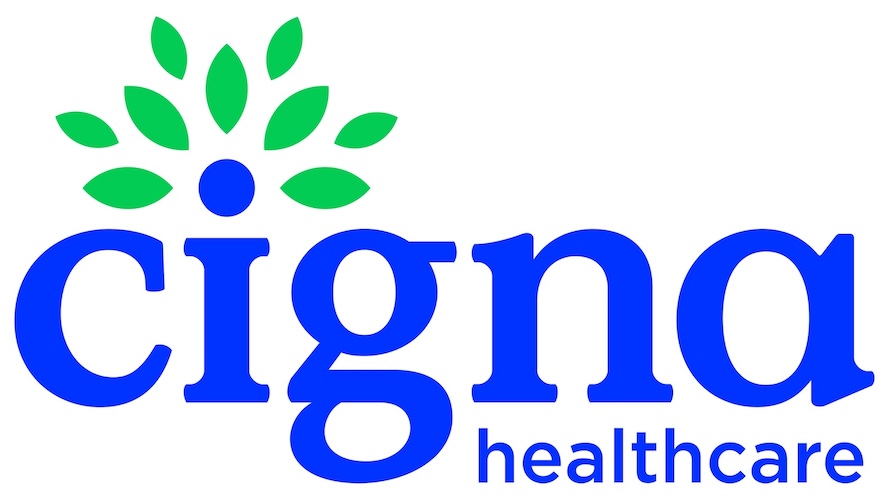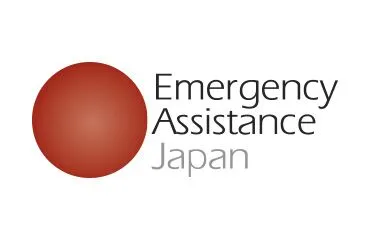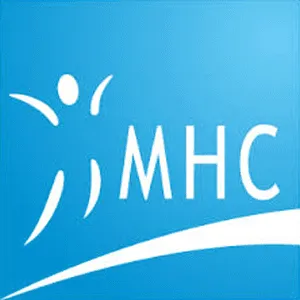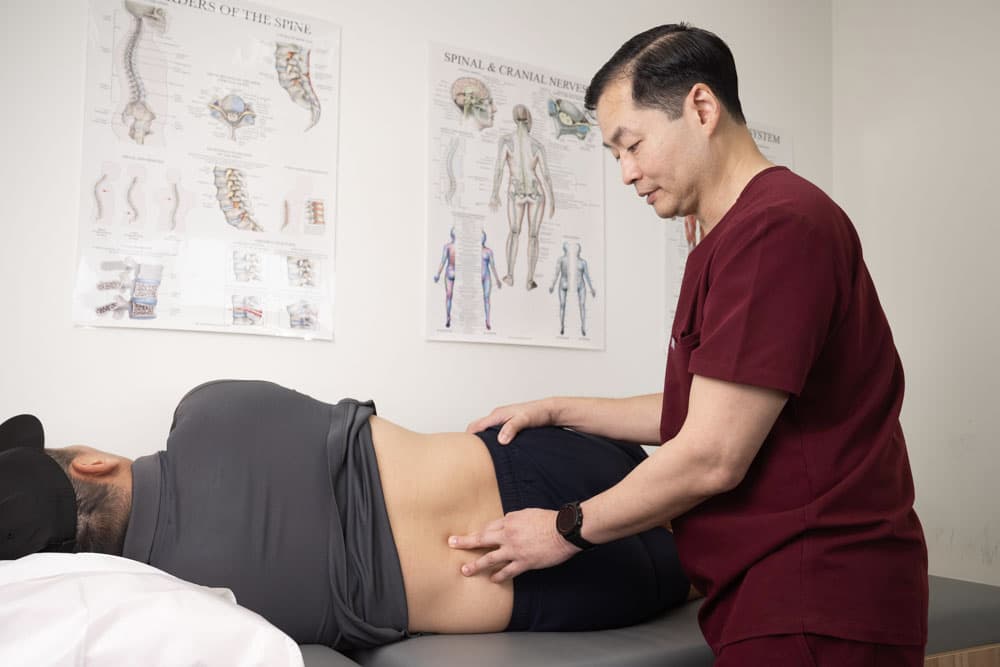What is a Slipped Disc?
A slipped disc, also referred to as a herniated disc, occurs when the soft inner portion of a spinal disc bulges out through a tear in its outer layer. This can irritate or compress nearby nerves, potentially leading to pain or discomfort. It is one of the common spinal issues treated in Singapore.
The spine is made up of vertebrae separated by discs that act as cushions and allow flexibility. When a disc becomes herniated, it may result in symptoms that affect the back, neck or limbs, depending on the location of the herniation. Many people with this condition seek slipped disc treatment in Singapore to manage symptoms and regain function.
It can develop gradually over time due to wear and tear, or be triggered suddenly by improper lifting or an accident. Early diagnosis and a customised care plan by a spine specialist can help prevent long-term complications.
Common Slipped Disc Symptoms
Slipped disc symptoms can vary depending on the location of the affected disc and the extent of nerve compression. Some individuals experience mild discomfort, while others face more serious limitations in daily function.
Common symptoms include:
Neck, back, arm or leg pain
Neck, back, arm or leg pain – depending on where the disc is located
Numbness or tingling
Numbness or tingling in the affected limbs
Lost Of Bowel/Bladder Control
Loss of bladder or bowel control (in severe cases), requiring urgent medical attention
Pain that worsens
Pain that worsens with movement, prolonged sitting or coughing
Muscle Weakness
Muscle weakness, which may affect grip strength, walking or balance
Many individuals with these symptoms seek back pain treatment to manage pain and prevent complications. A proper diagnosis can guide an effective care plan tailored to the severity of the condition.
Slipped Disc Causes

Several contributing factors can lead to a slipped or herniated disc. One of the most common is disc degeneration due to ageing. Over time, spinal discs lose flexibility, making them more vulnerable to tears or ruptures even with minor movements.
Repetitive physical strain, such as frequent bending, twisting or heavy lifting, increases the likelihood of a disc injury. Poor posture, prolonged sitting and lack of core strength may also contribute to excessive pressure on the spine.
Lifestyle factors such as obesity can place added stress on the spinal structures, particularly in the lower back. Smoking has also been linked to decreased oxygen supply to spinal tissues, which may speed up disc degeneration.
While a slipped disc can happen suddenly, it is often the result of gradual wear and tear. Recognising the risk factors and taking steps to manage them can help prevent the condition. When symptoms do arise, seeing a spine specialist in Singapore early can help in managing them effectively.
Slipped Disc Diagnosis
Diagnosing a slipped disc begins with a thorough clinical evaluation. Patients are first asked about their symptoms, medical history and lifestyle. This is followed by a physical examination to assess reflexes, strength, sensation and spinal alignment.
Our spine specialist, Dr. Gamaliel Tan, will determine whether additional imaging tests such as MRI or CT scans are needed. These tests help confirm the presence of a herniated disc and identify the exact level and extent of disc displacement.
Accurate diagnosis is essential to guide appropriate slipped disc treatment. It ensures that the treatment plan addresses not only the symptoms but also the root cause of the issue.
Slipped Disc Treatment Options in Singapore
Slipped disc treatment can vary depending on the severity of the condition and the patient’s overall health. At Ortho Spineworks, Dr. Gamaliel Tan offers a range of treatment options, beginning with non-surgical methods.
These may include:
- Activity modification and physiotherapy
- Pain relief medications
- Nucleoplasty / Annuloplasty radiofrequency ablation
- Steroid Nerve root blocks
When conservative approaches are not effective, Dr. Tan may recommend surgical options. These may include microdiscectomy or minimally invasive / endoscopic spine surgery, which can relieve nerve compression and improve function.
Whether you’re dealing with mild discomfort or severe herniated disc symptoms, Dr. Tan works with each patient to customise a care plan that suits their needs and recovery goals.
Treatment Costs
The cost of slipped disc treatment in Singapore depends on the chosen treatment and the complexity of each case.
Below are general estimates for reference only:
- Consultation with a spine specialist in Singapore: SGD 160 – SGD 200 per session (similar to private rates for a senior consultant in restructured hospitals)
- Physiotherapy sessions: SGD 160 – SGD 250 per visit (varies by clinic and therapy type)
- Spinal injections (e.g. nerve root blocks or epidural injections): SGD 5000 – SGD 10,000, depending on the number of levels injected and facility where it is done.
- Surgical treatment (e.g. discectomy or minimally invasive spine surgery): SGD 40,000 – SGD 60,000, depending on hospital fees (operating theatre, ward charges, medications, consumables), surgeon’s fees, anaesthesia fees and length of stay.
Your medical coverage (corporate or personal health insurance) may also influence the costs and recommended treatment plan as some plans may not cover certain injections or minimally invasive options. Every case is different, and pricing is assessed on a case-by-case basis.
Some components of back pain treatment may be eligible for claims under MediSave or insurance plans. Please contact our clinic directly for a personalised breakdown.
Recovery Timeline
The recovery timeline after a slipped disc treatment depends on the type of treatment received. Non-surgical approaches typically take several weeks, with gradual improvement as inflammation subsides and mobility returns. Physiotherapy is often part of the recovery plan to restore function and strengthen spinal support.
For patients undergoing surgery, Dr. Gamaliel Tan will provide a structured post-operative recovery schedule. This includes wound care, activity guidelines and physical therapy to support recovery and reduce the risk of recurrence.
Throughout the recovery process, Dr. Tan monitors your progress and adjusts the care plan as needed. With close guidance from our spine specialist, many patients can return to work and daily activities within a few weeks to months.
How Our Specialist Can Help
At Ortho Spineworks, Dr. Gamaliel Tan provides care for patients with slipped discs. He is trained in both traditional and minimally invasive techniques, including endoscopic spine surgery and motion preservation procedures such as artificial disc replacements.
Each patient’s care plan is tailored to their symptoms, lifestyle and recovery goals. Dr. Tan offers a full range of options for slipped disc treatment, starting with non-surgical approaches such as:
- Physical therapy
- Pain management medications
- Targeted spinal injections
For more complex or persistent cases, surgical options may be considered. These procedures aim to relieve nerve compression and restore spinal function with minimal disruption to surrounding tissue.
Dr. Tan adopts a clear and collaborative approach, ensuring that patients understand their condition and treatment path. Whether you are managing a recent injury or long-standing discomfort, seeking care from an experienced spine specialist in Singapore can help you regain mobility and reduce pain.
If you’re experiencing symptoms linked to a herniated disc, we invite you to schedule a consultation to explore appropriate treatments.

Medication
Painkillers, NSAIDs, muscle relaxants and neuropathic drugs help relieve the symptoms of pain.
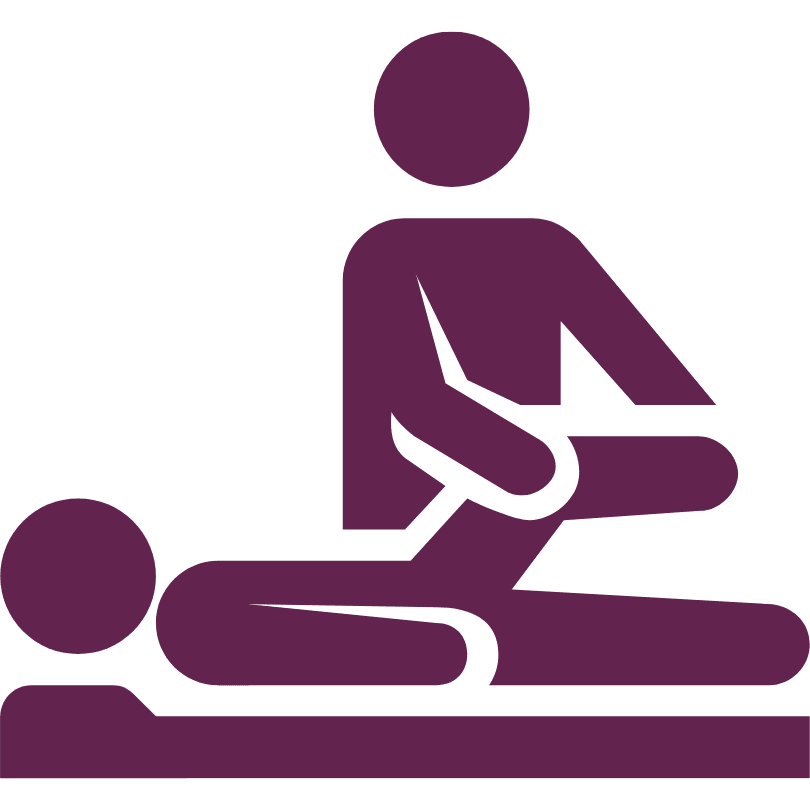
Physical Therapy
Slipped disc exercises and stretches help relieve pain and strengthen the core muscles. Traction allows a mild disc bulge to retract to its original position.

Corticosteroid Injections
Steroid and nerve block injections in the area around the slipped disc help reduce inflammation and pain.

Surgery For Slipped Disc
Discectomy, Laminectomy or Spinal Fusion Surgery is recommended for individuals with severe symptoms that have not responded to conservative treatment.
Frequently Asked Questions
You should consult our spine specialist if you experience persistent back pain, numbness, tingling or weakness in your limbs, especially if these symptoms interfere with daily activities or do not improve with rest.
Slipped disc treatment may include pain relief medications, physiotherapy, spinal injections or surgery such as discectomy. The choice depends on the severity and response to non-surgical care.
Yes, many cases improve with non-surgical back pain treatment, such as a short course of medications, physiotherapy, activity modification and pain control. Surgery is usually considered when symptoms are severe, persistent or recurrent.
A herniated disc can range from mild to serious. If it compresses spinal nerves, it can lead to pain, numbness or muscle weakness. In rare cases, it may cause loss of bladder or bowel contro (cauda equina syndrome)l, which requires urgent medical care.
A spine specialist typically performs a physical examination, reviews your symptoms and may order imaging tests such as MRI scans to confirm a diagnosis and plan appropriate treatment. If the patient is claustrophobic or has a non-compatible pacemaker, alternative arrangements will be made.
Maintaining proper posture, engaging in approved exercises, managing weight and following our doctor’s recommendations can support recovery during and after slipped disc treatment.
Yes, some aspects of back pain treatment, including MRI scans, surgery or injections, may be claimable under MediSave. Coverage depends on the treatment type and your MediSave limits.
Our Specialist
About Gamaliel Tan
MBBS (S'pore), MMED (S'pore), FAMS (Ortho), FRCS (Edin)Dr Gamaliel Tan is a spine surgeon in Singapore with over 25 years of experience in designing and providing effective solutions for different orthopaedic problems. He specialises in spine surgery and has experience in endoscopic spine surgery and motion preservation spine procedures (artificial disc replacements).
Qualifications and Achievements
- Head of Department, Department of Orthopaedics | NTFGH 2009 - 2018
- Council member of the AOSpine East Asia group 2017 – 2020
- Head of the Spine Division | NTFGH 2009 - 2023
- Group Chief Medical Informatics Officer (GCMIO) | NUHS 2020-2023
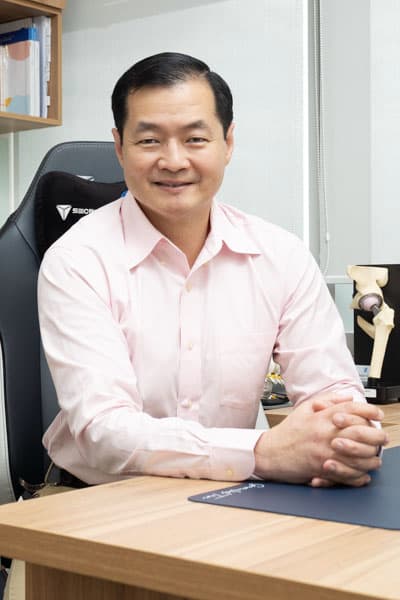
Accreditations











Integrated Shield Plans






Corporate insurance




